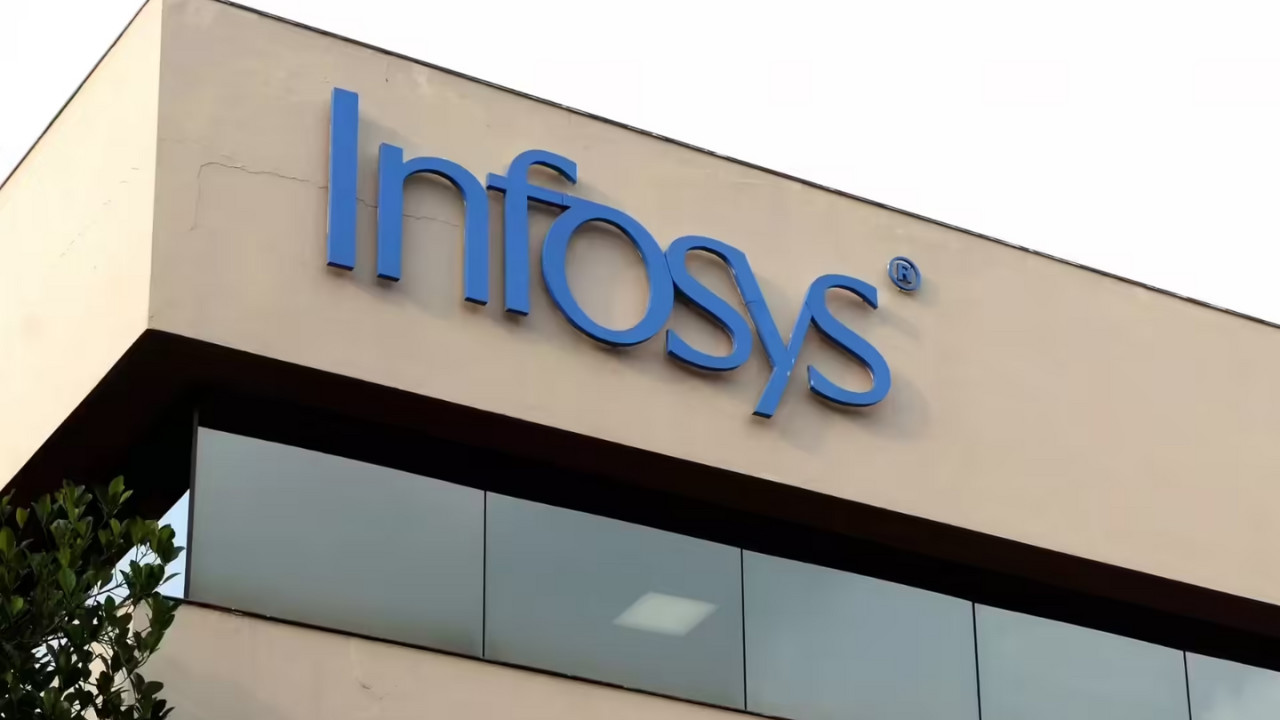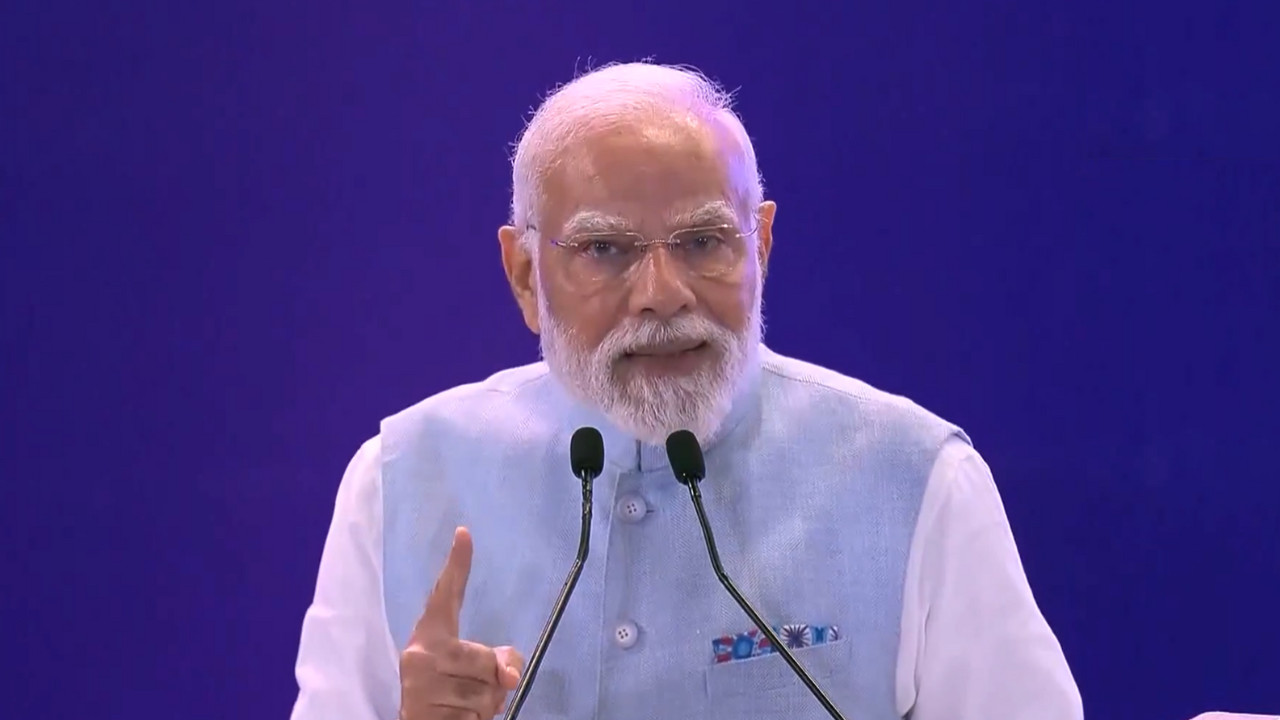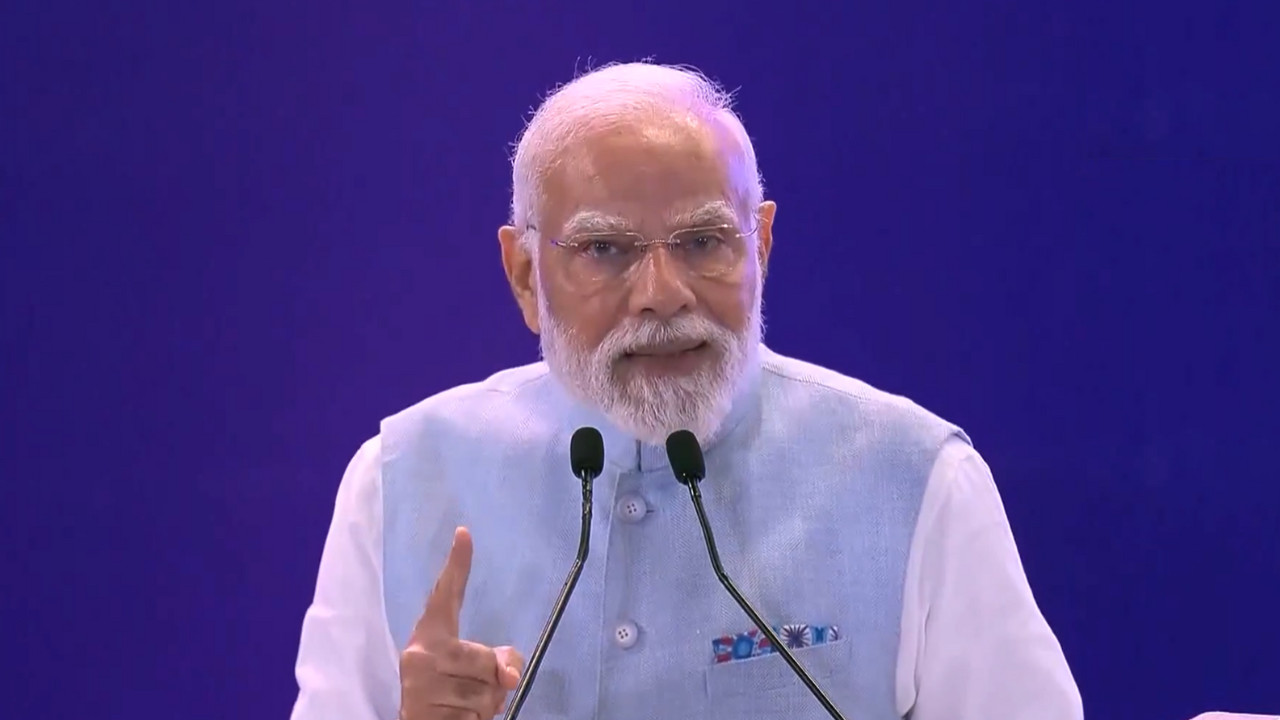Infosys has announced a significant Rs 18,000 crore share buyback at Rs 1,800 per share, a 19% premium over the previous closing price. Market experts view this as a “buy on dips” opportunity, with analysts suggesting accumulation for potential short-term gains. The buyback, conducted through a tender route, anticipates strong retail participation and could boost EPS by 3-5%.
Infosys’s Big Move: Should You Join the Buyback Bonanza?
Infosys, the tech giant we all know, just announced a massive buyback program – a cool ₹18,000 crore. That’s a figure that makes you sit up and take notice, right? The market certainly did, buzzing with activity after the news broke. But what does this mean for you, the investor? Is it time to jump on the buyback bandwagon, or should you approach with caution? Let’s break it down in plain English.
A buyback, in simple terms, is when a company uses its cash reserves to purchase its own shares from the open market. Think of it like this: Infosys believes its stock is undervalued, so they’re essentially saying, “We’re confident in our future, and we’re willing to invest in ourselves.” This action reduces the number of outstanding shares, which can, in turn, boost earnings per share (EPS) and potentially increase the stock price.
Decoding the Infosys Buyback Offer
So, what’s the deal with this particular buyback? Infosys is offering to buy back shares at a price of ₹1,900 each. This represents a premium – a price higher than the current market value of the stock – and it’s designed to entice shareholders to participate. The lure of selling your shares back to the company at a higher price than you could get on the open market is undeniably attractive.
But hold on a second. Before you rush to tender your shares, consider a few crucial factors. The buyback is happening through a tender offer route. What that means is Infosys will accept shares from investors who are willing to sell their stocks during the buyback period. If investors offer more stocks than the amount the company wants to buy back, the acceptance ratio may be lower.
What does this imply for retail investors? If you own a small number of shares, there’s a good chance that only a portion of your shares, or even none at all, will be accepted in the buyback. That leaves you with the remaining shares in your portfolio.
Infosys Share Buyback: Should You Participate?
The million-dollar question, of course, is whether or not you should participate in the Infosys share buyback. There’s no one-size-fits-all answer, as it depends on your individual investment strategy and risk tolerance.
If you’re looking for a quick profit, tendering your shares at the premium price might seem like a no-brainer. However, consider the acceptance ratio. If only a small percentage of your shares are accepted, the potential gains might be less significant than you initially anticipated.

Alternatively, if you’re a long-term investor who believes in Infosys’s future growth potential, holding onto your shares might be the better option. A successful buyback could signal confidence in the company’s prospects and potentially lead to a sustained increase in the stock price over time. Think of it this way: if Infosys thinks its shares are undervalued, you might want to agree and hold on for the ride. Also, fewer outstanding shares should ideally translate into a bigger slice of the profits pie for you as a shareholder, as earnings per share increase.
Beyond the Buyback: The Bigger Picture
It’s also important to consider the broader context. What are your overall financial goals? Are you looking to diversify your portfolio? Are there other investment opportunities that might offer better returns? Don’t let the allure of a quick profit blind you to the bigger picture. Look at Infosys’s place within the Indian economy. Check out the competition. Has the company been innovating recently? Consider these factors, and then you can make a well-rounded decision about what actions to take regarding the buyback.
Consider also the tax implications of tendering your shares. Consulting with a financial advisor is always a good idea to understand the tax implications.
It’s not just about the immediate gain; it’s about understanding how this move fits into your long-term investment strategy. How will this affect your tax liability? What are the potential impacts on your overall portfolio diversification? Doing your homework will help you make an informed decision.
Navigating the Buyback Landscape
The Infosys buyback presents both an opportunity and a decision point for investors. Weigh the potential benefits of tendering your shares against the possibility of missing out on future growth. Consider your individual investment goals, risk tolerance, and tax implications. If you are a long-term investor who believes in the company’s potential, holding onto your shares could be a wise choice. Otherwise, a small, safe profit is nothing to sneeze at.
Ultimately, the best approach is to do your own research, consider your personal circumstances, and make a decision that aligns with your long-term financial goals.
(Internal link: [Example Link to Related Content])







